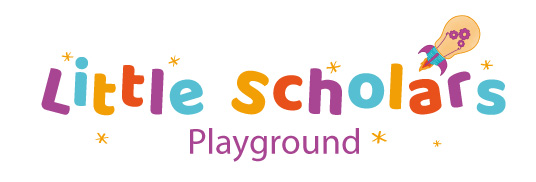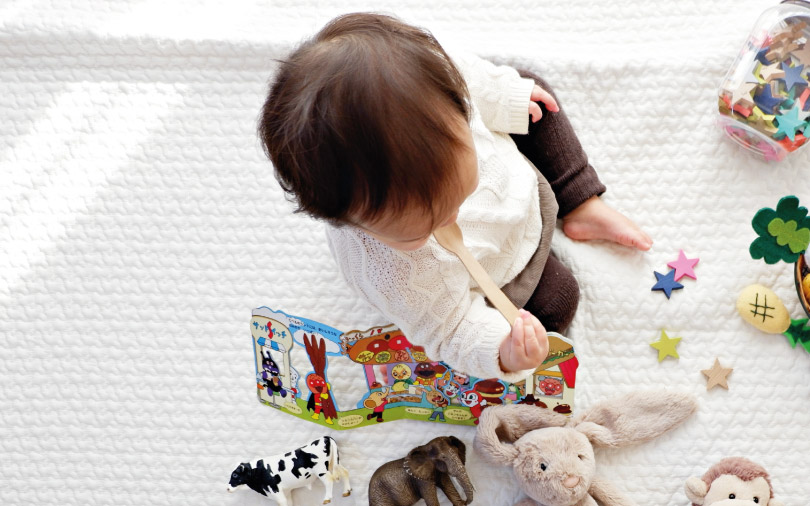4 mins
Ok, Mums and Dads, Let’s get to the nitty gritty of independent play. There is a lot of pressure to be able to constantly entertain our children without the use of a screen. There is a famous quote from Maria Montessori that “Play is the work of the child.” But what does this mean? Children learn and grow through play. She said that “the satisfaction which they find in their work has given them a grace and ease like that which comes from music.” Independent play is important for children’s development, it can boost their confidence, creativity and much more. So how do you start giving your child time to explore and learn more about themselves?
7 ways to encourage independent play
- Support your child rather than lead
- Make independent play part of their daily routine
- Avoid too many rules
- Be mindful that a child’s attention span is short
- Make sure their toys are age appropriate
- Let your child be fully engaged and avoid too much commenting and expectations
- Start with time together and then move onto independent play
Children as young as 2 months can show signs of beginning to engage with some independent play, simply by observing different texture and colours.
What are the benefits of independent?
- Enhances problem-solving skills
- Boosts creativity
- Forms a child’s interests
- Reduces over-stimulation
- Enhances brain development
- Enhances a child’s confidence as they explore and master different things
- Helps a child to feel relaxed and in turn calms their nervous system
So take this time as an opportunity to sit back and relax a little.
What are some of your favourite independent play activities? Let’s start a conversation in the comments below.
Best,
Natalie
info@littlescholarsplayground.com
The author
Natalie is the co-founder and illustrator at Little Scholars Playground. She is passionate about literacy, learning, illustrating, black women in STEM and Montessori.



